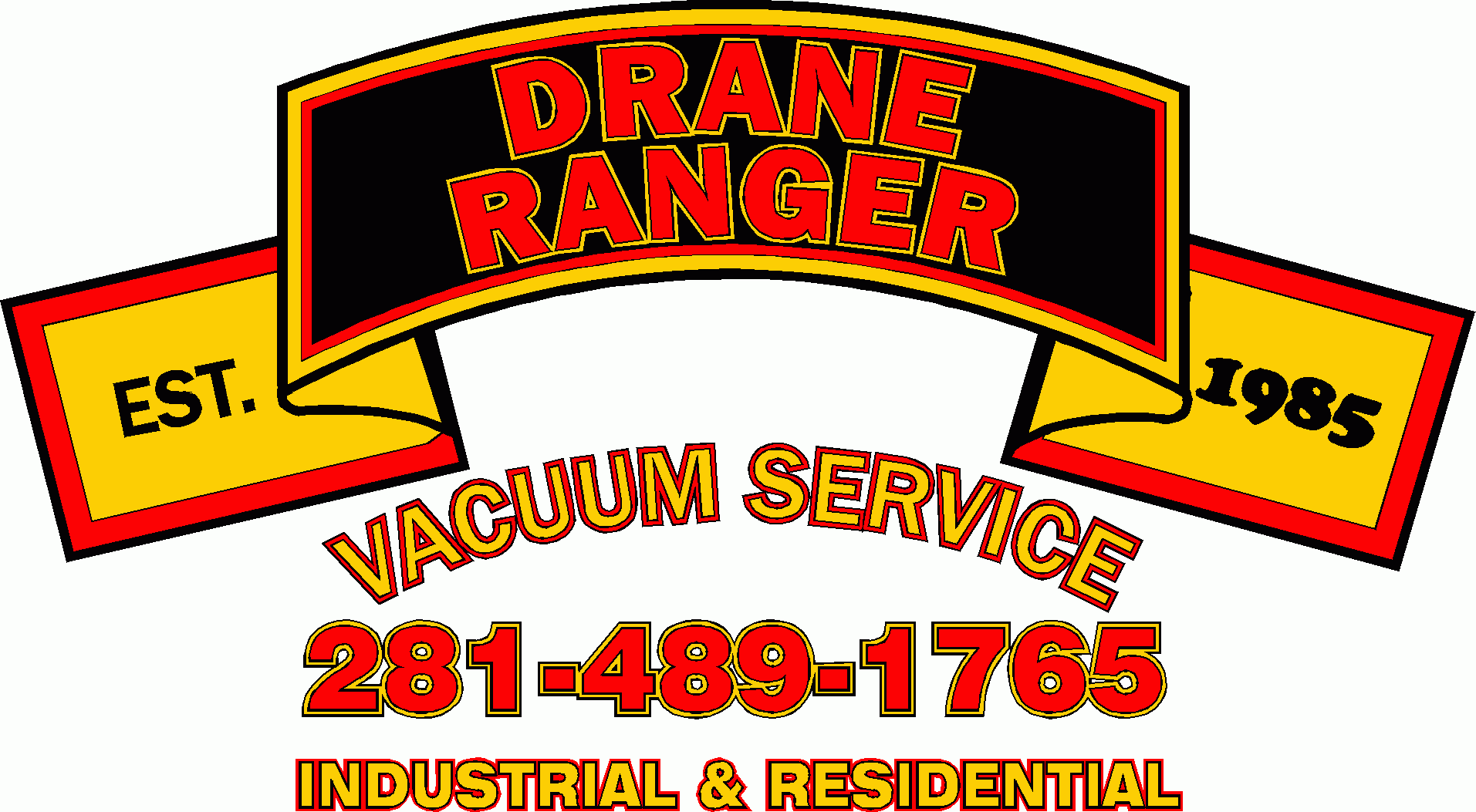When working in the food service industry you will inevitably have to deal with grease traps for your business. The issue with not maintaining your grease traps is it can lead to a disaster, resulting in drains backing up, sewer blockages, and the resulting fines from such occurrences. Avoiding issues is easy though, as grease trap cleaning in regular intervals can solve most potential problems, and hiring a professional makes sure the process is completed properly.
Do: Train Staff to Remove Solids and Debris
A major cause of clogs is solid food waste and large debris getting into your grease traps. You should train your staff to remove those things before any grease it poured down your kitchen’s traps, otherwise they can cause a blockage and you will have to schedule a professional cleaning (ahead of schedule) to clear your grease trap.
Don’t: Use Chemicals and Other Enzymes to Clean Your Grease Trap
Grease traps already contain enzymes required for breaking down fats, oils and greases that are deposited into them. If you pour in other chemicals or enzymes in an attempt to clear your own grease trap, you may damage the existing enzymes which will ruin the trap and potentially harm the environment in the process. Many products will not actually break down grease, resulting in it being separated from the water and then traveling into the wastewater systems to cause clogs further down the line.
Do: Install Your Grease Trap Properly
It’s important to make sure you have a properly installed and appropriately sized grease trap for it to function properly. If your grease trap is too slow to drain, or you find little to no fats, oils and grease in your grease trap when you check it, immediately contact your installer to assess the situation.
Don’t: Pour Boiling Water into the Grease Trap
Never pour boiling water into your grease trap as a replacement for great trap cleaning, or for any other reason, as it will liquefy the fats, oils and grease within your grease trap and release them into the sewers where they will congeal again and cause blockages over time.
Do: Schedule Regular Maintenance
The best method for keeping your grease trap in tip-top shape it to schedule regular maintenances for it. In addition to that, you should regularly inspect your grease trap to ensure it doesn’t need more frequent cleaning and that it is properly functioning. You should also keep a clear written record of all maintenance done on your grease traps, including cleanings.
Don’t: Link Grease Trap to Garbage Disposal
Do not link your grease trap to any garbage disposal as garbage disposals are not designed to handle grease in large volumes. Not only that, grease traps are not designed to handle garbage in general, even if it has been pulverized and shredded. If any garbage has made its way into the grease trap, schedule a grease trap cleaning as soon as possible.
Do: Hire Professionals for Grease Trap Cleaning
To avoid any issues that could arise when you attempt to clean your own grease traps and to ensure proper safe disposal of your grease, you should hire professionals for your grease trap cleaning needs. For efficient and clean grease trap cleaning services contact Drane Ranger today.
